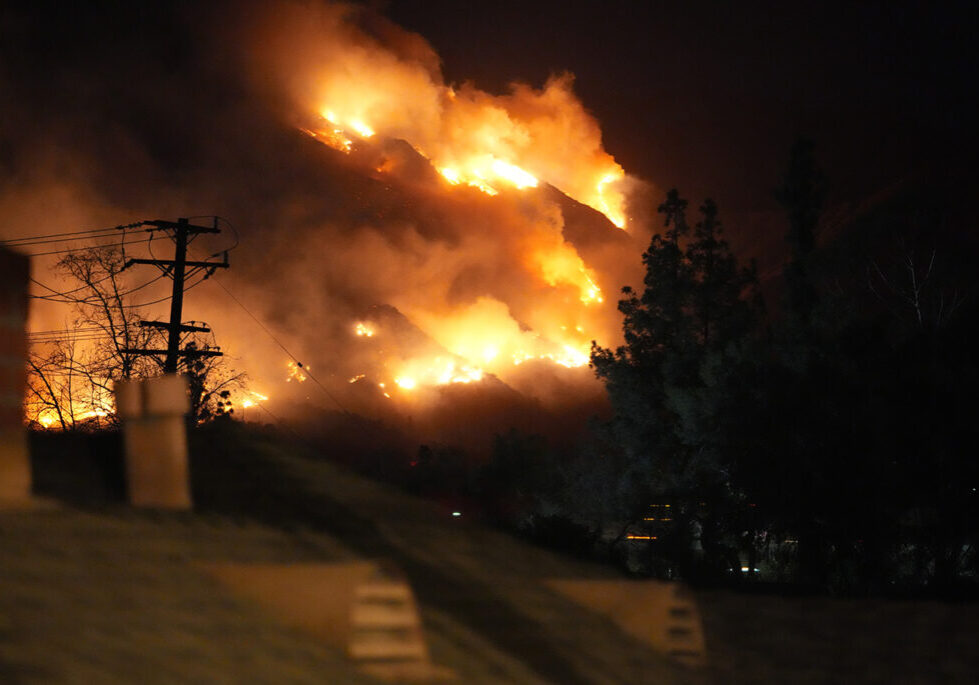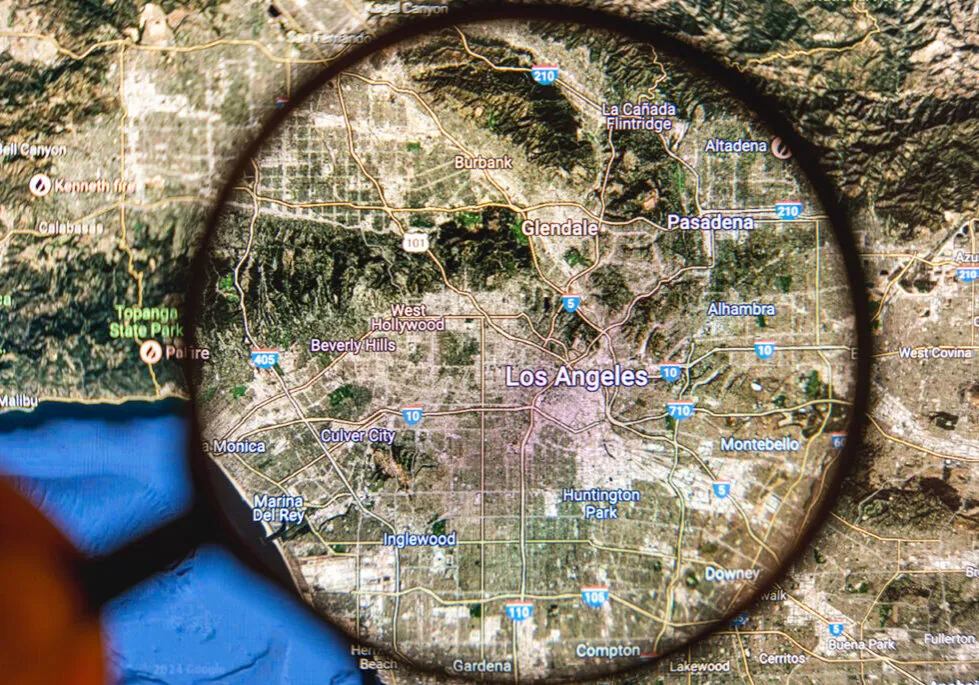Every year, over $1 billion dollars is spent purchasing fireworks in preparation for America’s July 4th celebration. With so much partying happening across the country, it’s no surprise that emergency rooms see a major increase in patients the first week of July.
While fireworks are bright, loud, and exhilarating, they are also dangerous—yet, despite the danger, they are widely available. Fireworks stands open all across the country, selling so-called “safe and sane” pyrotechnics to any person 16 years of age and older. As such, it’s not difficult to imagine why so many people are injured by fireworks. Even those who exercise proper caution when using fireworks can still be injured due to malfunctions. In the Sacramento area alone there were more than 200 firework-related calls placed to emergency services this past July 4th.
If you have been injured by a firework, you are likely wondering if you have a legal right to injury compensation. You must prove that the individual handling the fireworks was negligent or the firework product itself improperly malfunctioned.
You can sue an individual for damages if their negligence handling the fireworks led to your injuries.
If you were watching a firework show and injured by a firework you were not handling, then you may have grounds to sue the individual(s) who set up and lit the fireworks.
To prove an individual negligent in the court of law in California, a plaintiff must prove:
- That the defendant owed the plaintiff a duty of care;
- That the defendant breached such duty through negligence; and
- That the defendant’s negligence was a substantial factor in causing the harm.
What is a “duty of care?” Duty of care is a broad legal term that describes every person’s reasonable expectation of safety with regard to the behavior of others. For example, you are expected to follow the rules of the road when driving a car. If you decide to drive 100mph in a 65mph zone, you are endangering those around you. You have a duty of care to not break traffic laws. If you do break traffic laws, and injure another driver as a result, you will be considered to be at fault due to your reckless driving.
If an individual is using fireworks in a manner not intended by the manufacturer—for example, aiming the firework at a bystander and lighting it—then they are breaching their duty of care. This is a clear instance of negligence. But what if the facts are not so simple?
In the case of Evarts v Pyro Engineering, Inc, an appellate court reversed a lower court’s judgement and found in favor of the plaintiff.
The Evarts family attended an Independence Day fireworks show at a campground in the state of Vermont. They sustained injuries due to an alleged firework malfunction. The lower court initially ruled that in favor of the defendants, finding that the plaintiffs did not prove negligence. The Evarts won the decision upon appeal. The appellate court concluded that “the plaintiffs were in the zone of foreseeable harm” and the firework display organizers did not properly distance the onlookers from the fireworks, since the family sustained injuries and firework burn marks were found in the grass in the immediate vicinity of where the Evarts were watching the firework show.
In either situation—one in which you are injured at a residential firework display, or one in which you are injured while attending a professional firework display—you must prove that the firework handler was negligent in order to obtain injury compensation.
But what if the firework itself malfunctioned, causing your injuries—can you sue the firework manufacturer directly?
Product liability refers to the liability that parties along the chain of manufacture are held to when a product, such as a firework, causes personal injury or property damage.
But it may be difficult to prove that a firework manufacturer was negligent in your injuries. If you can’t prove intent behind the product malfunction, can you still proceed with a case?
You most likely can. California’s strict liability law holds that product manufacturers can be liable for injuries even if they did not act with fault or negligence.
You would file a strict liability claim in a situation in which a defective firework causes your injuries. If you handle the firework in a safe manner, or you attend a residential or professional firework display at which the firework handlers proceed in a safe manner, then you are looking at filing a strict liability claim. In this case, you must prove that the firework was defective and the malfunction is what caused your injuries. You would not need to prove that the manufacturer was negligent in the production of the firework.
Fireworks are fun, but they are dangerous. Even professional firework displays can end in spectator injury, as was the case with Evarts family. It’s important to follow the directions on the firework packaging to reduce the chance that injuries occur.
If you were injured by a firework, talk to the personal injury lawyers at Penney and Associates today. We are dedicated to getting you the injury compensation you deserve. Contact us for a free consultation!



